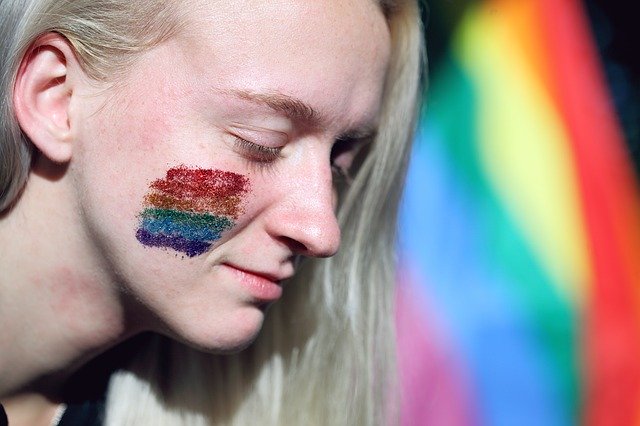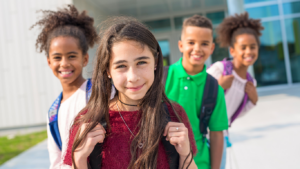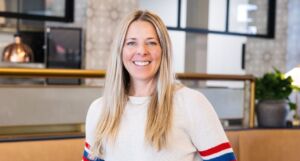Despite the nationwide push for gender and sexuality inclusivity, LGBTQ students still do not feel safe on their college campuses.
Many college students who are part of the LGBTQ community report feeling unsafe on their campuses due to their gender identity and sexual orientation.
READ ALSO: The 15 best LGBTQ+ inclusive companies in Arizona
In a survey done in 2015 by the Association of American Universities, “20% of LGBTQ college students feared for their physical safety due to their gender identity or their perceived sexual orientation,” and “31% of LGBTQ students of color reported experiencing ‘exclusionary, intimidating, offensive, or hostile conduct’ that they attributed to their racial identity.”
According to the Postsecondary National Institute, “nearly 10% of LGBTQ students who experienced frequent verbal harassment didn’t plan to attend college after high school.”
Manny Elizalde, a sophomore at Arizona State University has struggled with his sexuality and acceptance from peers. “Sometimes it’s a little hard to be around campus or feel comfortable around campus especially known if not everyone will accept me,” said Elizalde.
Nicole Jasinski, another sophomore at ASU, explains that though some of her peers are supportive of her sexuality, she still feels uncomfortable discussing it with many people.
“A lot of the homophobia I feel has just been older professors and super religious student groups,” she said. “I usually am still reluctant to bring up the fact that I have a girlfriend or divulge things about it, especially in class.”
Movement Advancement Project reports that 4.5% of adults in Arizona identify as LGBTQ, with a total population of 286,000 people. 48% of Arizona’s LGBTQ population is fully protected against discrimination based on sexual orientation and gender identity for housing, employment and public accommodations. Only 14% of the population, however, is protected from conversion therapy.
Arizona State University lists resources for students, such as gender inclusive housing, gender neutral bathrooms and an office and committee to protect LGBTQ students, however, students still feel it is difficult to find representation or events that are inclusive to them.
Senior Dom Picard explains that ASU can be more inclusive to students by making sure students know that LGBTQ events are available to them.
“Adding on the flier, ‘LGBTQ welcome’ is a nice way to communicate that the event is a safe space for the community,” she said. “If there’s a specific LGBTQ event happening, make sure to give it the proper advertising.”
Ash Himes, a sophomore at ASU feels they are underrepresented by ASU, and that the university should offer more outreach and readily available events and resources to LGBTQ students.
“I feel underrepresented by ASU because outside of the clubs and support I have found through seeking out LGBTQ specific things myself, I have not seen ASU promote much LGBTQ content or events, if any,” they said.
Himes recently became an officer of LGBTQ club on campus, Qmunity. Qmunity hosts weekly social events such as trivia nights, movie nights and tie dye crafts for queer students. Himes explained that they joined the club to form connections with other students who are part of the LGBTQ community.
“I attended the first event of the year, which was a board game night, and they announced they were looking for officer positions,” they said. “The club had a friendly, welcoming, and extremely accepting energy as soon as I stepped into the room. We accept everyone no matter your identity.”
Himes said that LGBTQ students should not feel discouraged by lack of representation and should continue exploring their gender identity and sexuality during their time in college.
“College is the time to not only find out who you are but to learn to accept who you are as well. You will find people who are just like you and people who will accept you for who you are,” they said.




